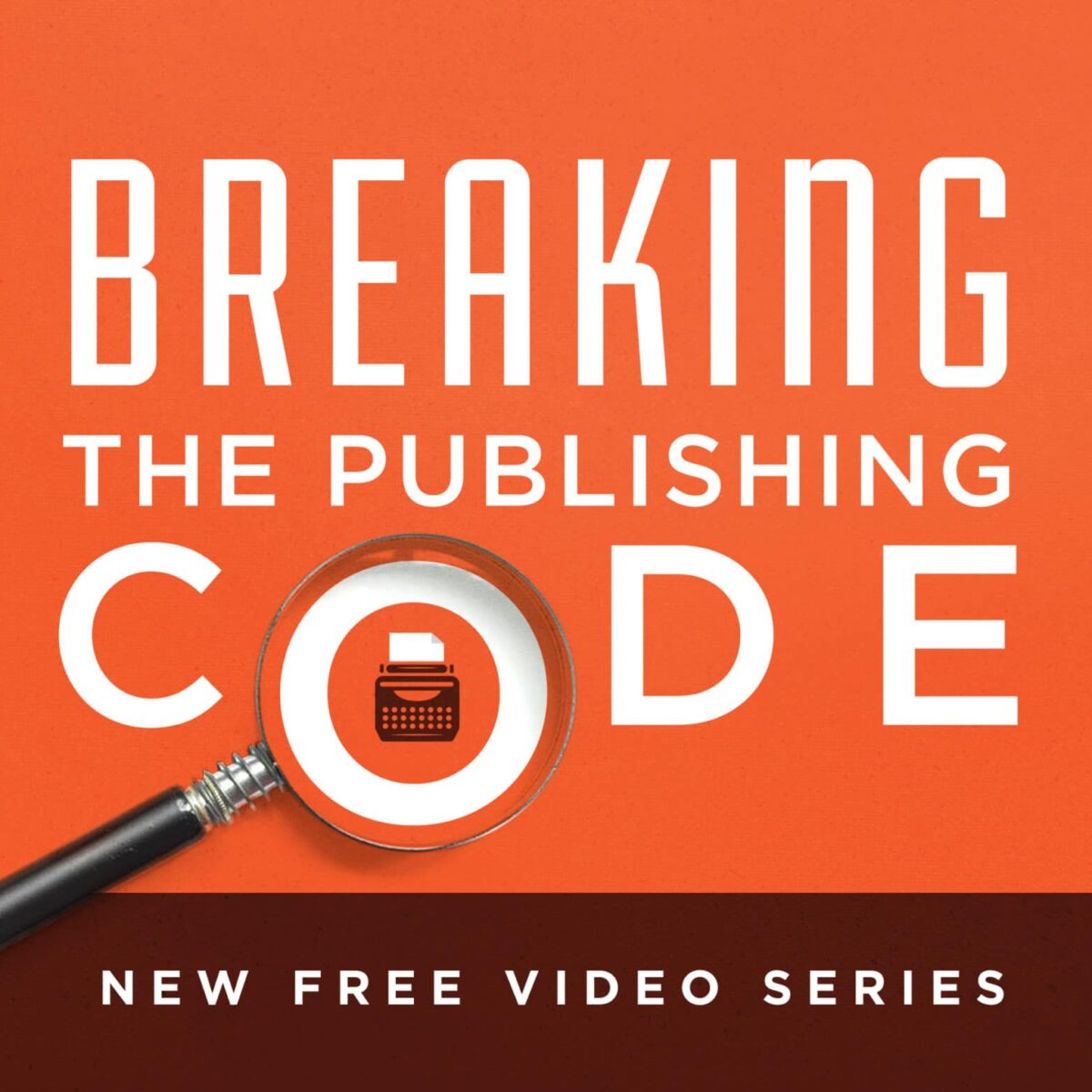Currently, Amazon.com has a big competitive advantage compared to brick-and-mortar bookstores. In a word, that advantage is selection. Retail bookstores carry 5,000 to 150,000 book titles, depending on the size of the store, retail strategy, and available working capital. As “the Earth’s largest bookstore,” Amazon.com carries millions.
This makes it difficult for even the biggest bookstores to compete on selection. People get tired of making a trip to the store only to discover the title is out-of-stock. But that may soon change.
Last year, I toured Ingram’s Lightning Source plant in Nashville. This is their print-on-demand (POD) service that spits out books in minutes. It’s amazing. A few years ago, you could tell the difference between a POD book and one that was printed by a conventional printer. Not any more. They look virtually the same.
As a result, out-of-print books are theoretically a thing of the past. If the publisher doesn’t have the book in stock, Lightning Source prints it and ships it back to the publisher. This is definitely a step in the right direction. It solves the publisher’s problem (backordered books), but it doesn’t solve the bookseller’s or the consumer’s problem (having to wait for the book to arrive).
Now the Expresso Book Machine takes print-on-demand one step further.
Consider this scenario. Today, you go to your local bookstore to browse the aisles. Maybe you have a specific title in mind, maybe not. Regardless, if the book you want is not in stock—or the clerk can’t find it—you leave the store frustrated. And, of course, the store loses the sale.
This is precisely the reason why so many of my friends have stopped going to bookstores. It’s just easier—and more predictable—to go directly to Amazon.com. You may have to wait two days for the book, but at least you don’t have to waste a trip to the store.
But imagine a bookstore in the not-too-distant future. You make a trip to the store. After a few minutes of browsing, you discover that the store doesn’t have the book you want. But rather than allow you to walk out empty-handed, the clerk offers to print you a copy. “I’m sorry, we don’t have a copy of that title in-stock, but if you’d like to have a seat, I can print it for you in less than five minutes. If you’d like, you can have a cup of coffee while you wait.”
This could be similar to having a prescription filled at your local pharmacy. If you know what book you want, you could even order it online (or call ahead) and pick it up next time you are out.
If you are a retailer, you might be tempted to think, Yes, but the cost of the book will be more expensive that what I could get from the publisher. True, but it’s far less expensive than sending the customer away empty-handed. Besides, while he is in the store, he might just buy something else.
The Expresso Book Machine could once again shift the balance of power. If the consumer has the choice of getting the book now or waiting two days for Amazon.com, most will opt to get the book now—at their local bookstore. This could give bookstores the competitive advantage they have been seeking.
Technorati Tags: books, bookselling, publishing, technology
Disclosure of Material Connection: Some of the links in the post above are “affiliate links.” This means if you click on the link and purchase the item, we will receive an affiliate commission. Regardless, we only recommend products or services we use and believe will add value to our readers. We are disclosing this in accordance with the Federal Trade Commission’s 16 CFR, Part 255: “Guides Concerning the Use of Endorsements and Testimonials in Advertising.








